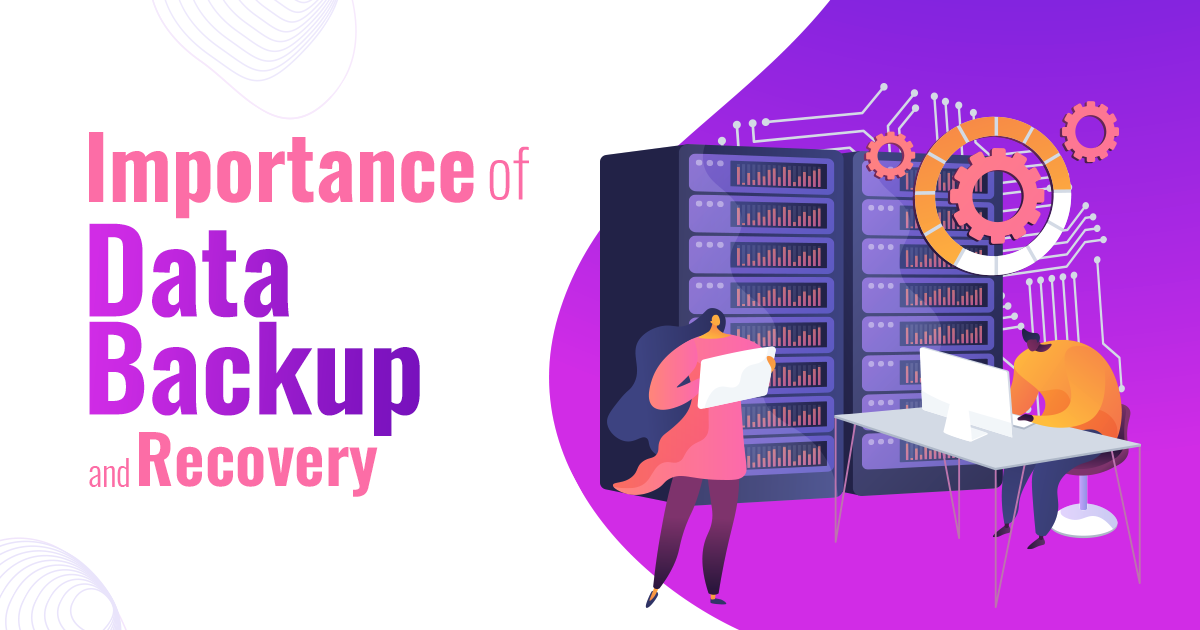In the ever-evolving landscape of software development, data reigns supreme. From crucial code repositories to user information, every piece of data holds significant value. However, amidst the frenzy of innovation and creation, the importance of data backup and recovery often gets overlooked. Yet, it stands as the unsung hero safeguarding the very foundation of software development.
Understanding the Stakes
In the realm of software development, data loss is not merely an inconvenience; it’s a potential catastrophe. Imagine investing months, if not years, into developing a groundbreaking application, only to lose all progress due to an unforeseen technical glitch or cyber attack. The ramifications extend beyond financial loss; it can tarnish reputations, erode user trust, and even lead to legal repercussions.
The Essence of Data Backup
At its core, data backup is akin to an insurance policy against the unpredictable. It involves creating duplicate copies of essential data and storing them securely in alternate locations. These backups serve as a lifeline, offering a path to restoration in the face of adversity.
Mitigating Risks
The software development industry is rife with potential risks, ranging from hardware failures to malicious cyber threats. However, with a robust backup strategy in place, these risks can be mitigated effectively. Regular backups ensure that even in the event of a catastrophic failure, the impact remains minimal, allowing development processes to resume swiftly.
Ensuring Continuity
Data recovery is the flip side of the same coin, offering the means to retrieve and restore lost or corrupted data. Whether it’s accidental deletions or system crashes, the ability to recover data ensures continuity in development efforts. It prevents setbacks from spiraling into full-blown crises, enabling teams to stay on track and meet project deadlines.
Upholding Integrity and Compliance
In an era marked by stringent data protection regulations, such as GDPR and CCPA, the stakes of data management have never been higher. Failure to safeguard sensitive information not only poses a threat to user privacy but also invites legal repercussions. Data backup and recovery mechanisms play a pivotal role in upholding integrity and compliance with regulatory standards, thereby shielding organizations from potential liabilities.
Embracing Best Practices
Implementing a comprehensive backup and recovery strategy is not a one-time affair but an ongoing commitment to excellence. It involves regular assessments, updates, and adherence to industry best practices. From leveraging encryption techniques to embracing cloud-based solutions, staying ahead of emerging threats requires a proactive approach to data management.
Conclusion
In the fast-paced world of software development, where innovation is the currency of success, the importance of data backup and recovery cannot be overstated. It serves as the bedrock upon which entire ecosystems thrive, safeguarding against the perils of data loss and ensuring continuity in the face of adversity.
In line with our commitment to excellence, we at Stalwart Info provide a comprehensive solution for software maintenance. Do reach out to us if you need any support with Software development or with updating the code of existing software, ensuring your projects are in safe hands every step of the way.






























